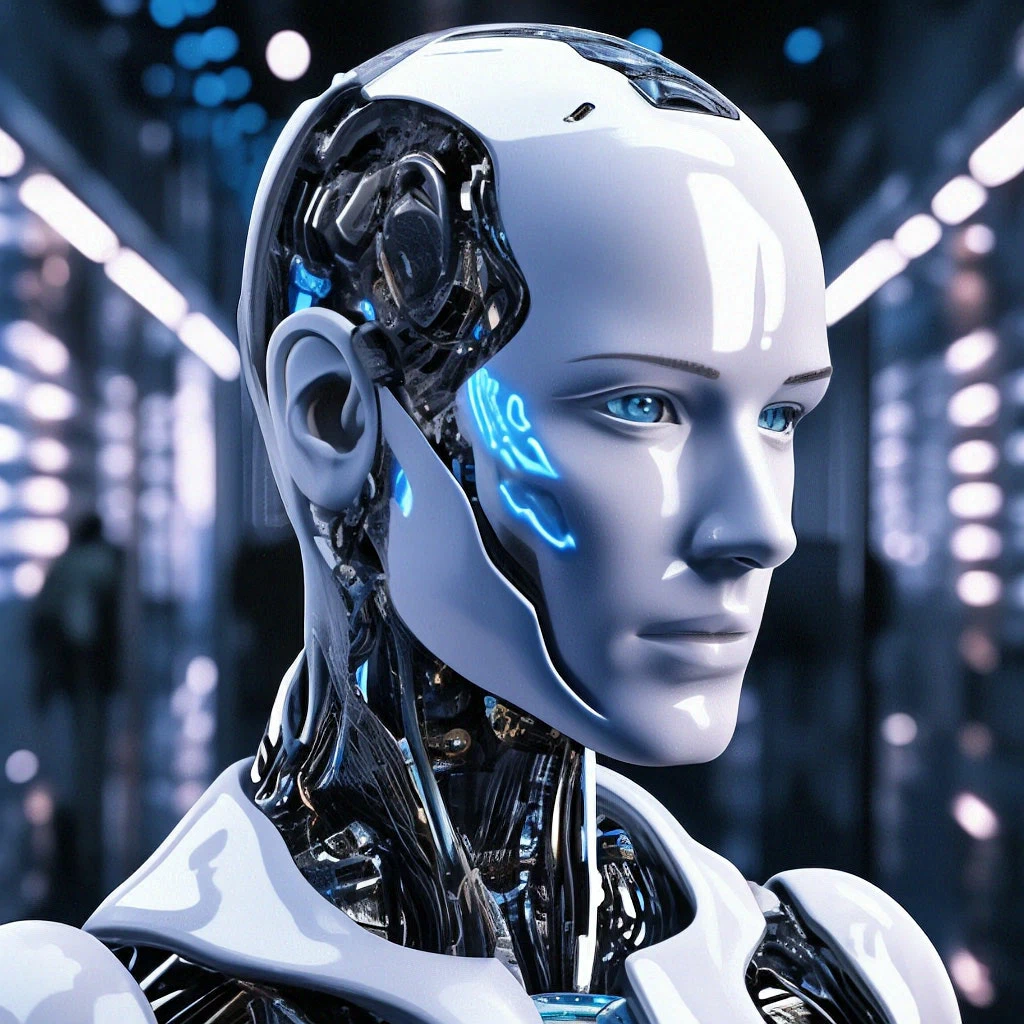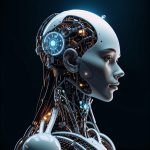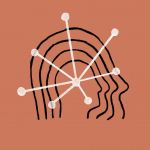MIT graduate student reduced painting restoration from 230 to 3.5 hours

MIT graduate student Alex Kachkin developed a cool method for painting restoration using artificial intelligence. Reducing work time from many months to several hours. As a demonstration, he restored a work by an unknown Dutch master of the 15th century that had seriously suffered from time.
The restoration process included several technological stages. First, algorithms created a digital copy, filling small cracks based on analysis of neighboring colors and restoring ornaments. To preserve historical authenticity, the researcher refused generative neural networks. Instead, he supplemented lost elements like faces with fragments from other works by the artist, using traditional graphic editors. The final step is truly genius. The restored digital elements were printed on ultra-thin transparent polymer and overlaid on the original. This film is invisible to the human eye but can be easily removed without the slightest harm to the painting. The entire application process took only 3.5 hours, while traditional restoration would require more than 230 hours of painstaking work. This technology will open access to many paintings around the world. Because it turns out that 70% of all museum paintings are not displayed. Due to damage.
AIvengo >
Reviews >
MIT graduate student reduced painting restoration from 230 to 3.5 hours
Почитать из последнего

UBTech will send Walker S2 robots to serve on China's border for $37 million
Chinese company UBTech won a contract for $37 million. And will send humanoid robots Walker S2 to serve on China's border with Vietnam. South China Morning Post reports that the robots will interact with tourists and staff, perform logistics operations, inspect cargo and patrol the area. And characteristically — they can independently change their battery.

AI chatbots generate content that exacerbates eating disorders
A joint study by Stanford University and the Center for Democracy and Technology showed a disturbing picture. Chatbots with artificial intelligence pose a serious risk to people with eating disorders. Scientists warn that neural networks hand out harmful advice about diets. They suggest ways to hide the disorder and generate "inspiring weight loss content" that worsens the problem.

OpenAGI released the Lux model that overtakes Google and OpenAI
Startup OpenAGI released the Lux model for computer control and claims this is a breakthrough. According to benchmarks, the model overtakes analogues from Google, OpenAI and Anthropic by a whole generation. Moreover, it works faster. About 1 second per step instead of 3 seconds for competitors. And 10 times cheaper in cost per processing 1 token.






